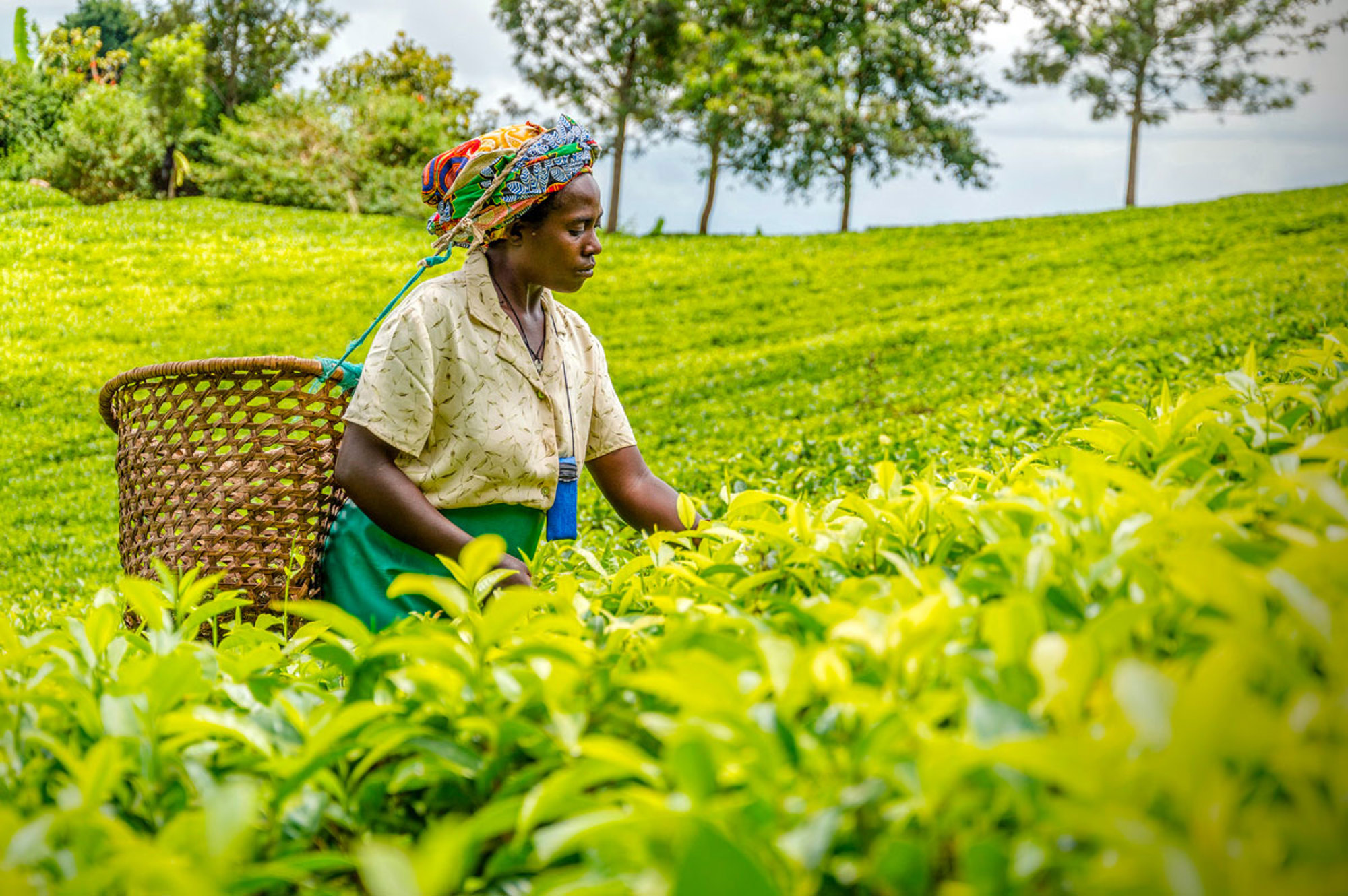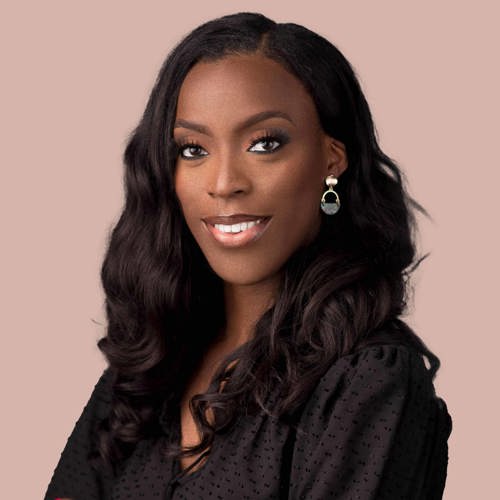What's trust got to do with it?
TrustAfrica programme associate Ogo Chukwudi unpacks power imbalances between funders and grantees
Monday, 12 June 2023

TrustAfrica programme associate Ogo Chukwudi unpacks power imbalances between funders and grantees
Monday, 12 June 2023

 Ogo Chukwudi is a programme associate at TrustAfrica. In 2020, the Kiisi Trust Fund became an independent entity now known as the Kiisi Trust Foundation.
Ogo Chukwudi is a programme associate at TrustAfrica. In 2020, the Kiisi Trust Fund became an independent entity now known as the Kiisi Trust Foundation.
My entry into the community philanthropy space came as a project associate at the Kiisi Trust Fund, a donor-advised fund managed by TrustAfrica. At the time, the Kiisi Trust Fund used a participatory grantmaking model and an advisory council as part of its governance structure, to identify and make grants for the benefit of the Ogoni people, a community in Rivers State, Nigeria.
I loved working at the community level because it created a natural environment for community partners and other stakeholders, including the donor (the Kiisi Trust Fund) to have candid conversations on development initiatives and to begin rebuilding trust in an environment still immersed in conflict.
But a problematic dynamic still existed, and it was defined by power imbalances.
Traditional development structures had shaped and continued to shape how groups interacted with each other. The real question at the time was: how do I work with community stakeholders or representatives without imposing myself or the power I carry as the funder?
One of the things I struggled with early on when I started to understand the #ShiftThePower movement was the concept of “trust”.
The idea was strange to me; during discussions around the concept, I asked if it was genuinely possible to trust that an organisation could do the work independently without being held to so many checks and due diligence processes.
The lack of trust stemmed from my previous experience with some of the partners I had worked with. In my work, I had to critically check and ensure that an organisation would do what had initially been agreed upon. When reviewing a partner’s report, if I found something that went against our policy, we would rework the grant and reallocate finances to create a new financial process for the organisation, reinforcing compliance.
Negotiating with the partner on these issues was not a great experience because it sometimes led to hesitance and resistance from the partners. They viewed us as inflexible and dictatorial, but on our side, we saw significant compliance concerns that needed to be resolved.
Where does one draw the line? Is the relationship fostered with the grantee more important than compliance requirements? Do you use the moment as a “teachable moment” to strengthen “capacity building,” both for the partner and the donor? Or do you agree to disagree but quietly decide not to “renew” the grant and the relationship?
I have realised that it takes two to tango and that trust does not happen in a vacuum. Trust is a crucial aspect of philanthropy, as donors want to ensure that their funds are used effectively and efficiently to achieve the intended impact, while grantees want the freedom to do development as they see fit.
"I am not asking international funders to give up their trust concerns entirely but rather to think about trust through an alternative lens."

International funders need to trust their local partners because they understand the local context. Photo: Shutterstock.
Various reasons constrain the relationship of trust between partners and funders, such as a lack of transparency and financial management that does not fit the preferences of both sides. Just like the example earlier, such situations erode trust, damage the reputation of organisations doing great work, and unfairly cast a shadow on giving.
Sometimes funders also use “complex methods” such as imposing overly strict or unrealistic reporting requirements. Or it might involve withholding funding for minor violations, using excessive monitoring and evaluation processes, and failing to provide adequate support to manage partners when things do not go according to the initial plan.
This is the kind of thing that makes the partners recoil to avoid the risk that comes with it, further undermining possibilities to rebuild trust.
Even when the existence of biases feels valid, the importance of a duality of trust in these types of relationships must be considered. Why? Because trust allows for open and honest communication between the funder and the grantee, leading to a better understanding of the grantee’s needs and goals. It also allows for more flexibility and experimentation in the grantee’s work, as the funder is more likely to trust that the grantee knows what they are doing and what is best for their organization and community.
Trust helps build long-term relationships between the funder and grantee, which is essential for a more collaborative and effective partnership between the funder and grantee, as they can work together towards a common goal.
If not openly discussed and addressed, power imbalances on control over funding, influence, agenda setting can lead to an erosion of trust between funders and grantees, which negatively affects both parties and the communities they serve.
I am not asking international funders to give up their trust concerns entirely – but rather to think about trust through an alternative lens. Such as the trust that exists in community philanthropy. A type of trust that emphasises relationships between local donors and change makers in the community, rooted in local ownership.
International funders can learn from these alternative and emerging systems on how trust in development work is exercised and used to co-create projects goals and strategies by engaging in transparent decision-making processes and seeking feedback from community members.
At the community philanthropy level, trust exists, but it does so without the complex due diligence, compliance methods that are common to most Global North systems.
As an activist within the development sector, the change we seek starts with you and me. It is essential to acknowledge the power, privilege and influence we yield and to use it as an advantage to promote change.
This article was first published by #ShiftThePower and has been reproduced with permission. An Arabic translation, by Circle, is available here.
It's a good idea to use a strong password that you're not using elsewhere.
Remember password? Login here
Our content is free but you need to subscribe to unlock full access to our site.
Already subscribed? Login here